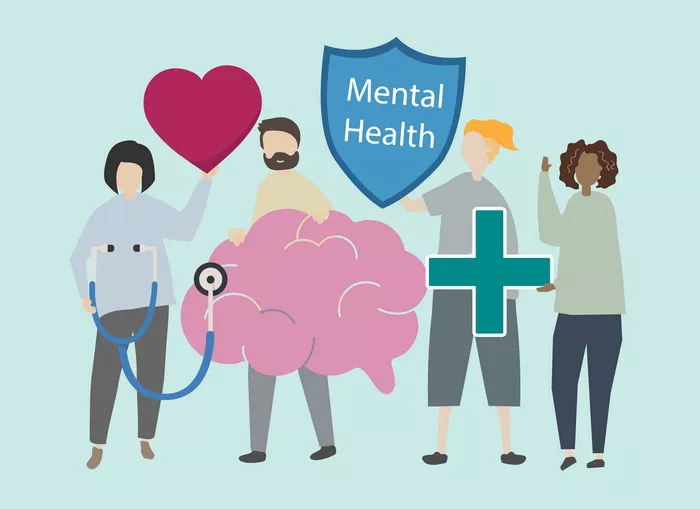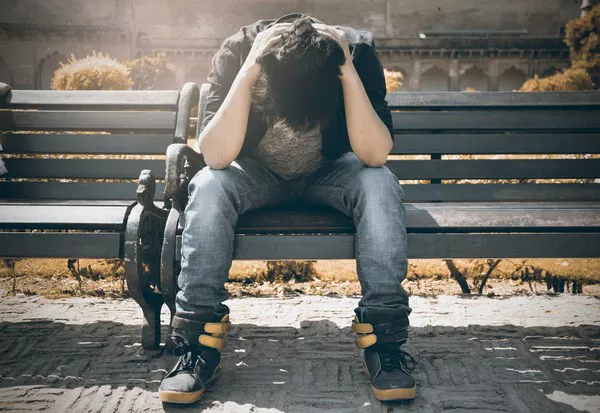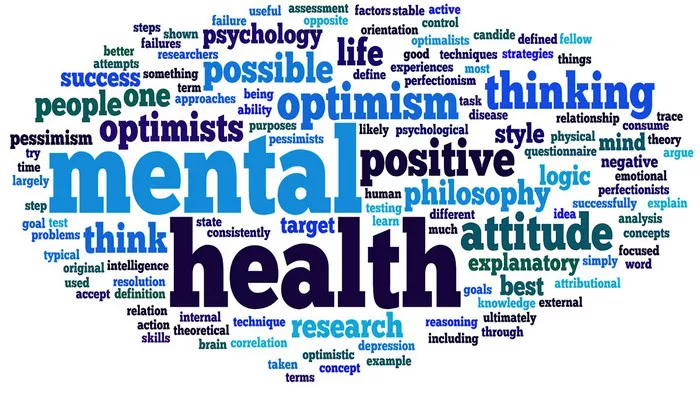In today’s world, mental health is increasingly recognized as a critical component of overall well-being. Yet, despite growing awareness, many individuals still face barriers to accessing timely support and assistance when experiencing mental health challenges. This is where mental health first aiders step in, providing crucial support and guidance to those in need. In this comprehensive guide, we explore the role of mental health first aiders, the importance of their training, and the profound impact they have on creating supportive, compassionate communities.
Definition of Mental Health First Aid: Extending a Helping Hand
Mental health first aid is the assistance provided to a person developing a mental health problem or experiencing a mental health crisis. Similar to traditional first aid for physical health issues, mental health first aid equips individuals with the knowledge and skills to offer support and guidance to those facing mental health challenges.
Role of a Mental Health First Aider: Guiding Lights in Times of Darkness
Recognize Signs and Symptoms
One of the primary roles of a mental health first aider is to recognize the signs and symptoms of mental health problems. This may include changes in behavior, mood, or thinking patterns that indicate the presence of a mental health issue. By being vigilant and observant, first aiders can intervene early and provide timely support.
Provide Initial Support
First aiders offer initial support and comfort to individuals experiencing a mental health crisis. This may involve creating a safe and non-judgmental environment, listening empathetically, and offering reassurance. Providing a compassionate presence can make a significant difference in helping individuals feel understood and supported during challenging times.
Assess Risk of Harm
In addition to providing support, first aiders are trained to assess the risk of harm, including the risk of self-harm or suicide. This involves evaluating the severity of the situation and taking appropriate action to ensure the individual’s safety. This may include contacting emergency services or mental health professionals for further assistance.
Listen Non-Judgmentally
Active listening is a fundamental skill for mental health first aiders. By listening attentively and without judgment, first aiders create a supportive environment where individuals feel comfortable expressing their thoughts and feelings. This can help reduce feelings of isolation and encourage open communication.
Offer Reassurance and Information
First aiders provide reassurance and information about mental health resources and support options available to individuals. This may include information about local mental health services, hotlines, support groups, or online resources. By offering practical guidance, first aiders empower individuals to take proactive steps towards seeking help and support.
Encourage Professional Help
While mental health first aiders offer valuable support, they also recognize the importance of professional intervention. Encouraging individuals to seek appropriate professional help is a key aspect of mental health first aid. This may involve assisting individuals in accessing mental health services, scheduling appointments, or accompanying them to appointments if needed.
Promote Self-Help Strategies
In addition to professional support, mental health first aiders can suggest self-help strategies and coping mechanisms to help individuals manage their mental health. This may include techniques such as deep breathing exercises, mindfulness meditation, or engaging in activities that promote relaxation and well-being. By empowering individuals with practical tools and strategies, first aiders help build resilience and coping skills.
Mental Health First Aid Training: Equipping Heroes with Knowledge
Availability of Training Programs
Certified mental health first aid training programs are widely available and accessible to individuals interested in becoming mental health first aiders. These programs are offered by reputable organizations and institutions and provide comprehensive training on recognizing and responding to mental health challenges.
Content of Training
Mental health first aid training covers a range of topics, including common mental health problems such as depression, anxiety, and substance use disorders, crisis intervention techniques, communication skills, and available resources and support services. Participants learn how to recognize warning signs, provide initial support, and connect individuals with appropriate help.
Benefits of Training
Becoming a mental health first aider offers numerous benefits, both personally and professionally. Participants gain valuable skills and knowledge to support others in their community, reducing stigma surrounding mental health and promoting understanding and empathy. By contributing to a more supportive and compassionate society, mental health first aiders play a crucial role in improving mental health outcomes for all.
Importance of Mental Health First Aid: Building Resilient Communities
Early Intervention
Early intervention is key to effectively addressing mental health challenges and preventing escalation into crisis situations. Mental health first aiders play a vital role in identifying signs of distress early on and providing timely support and intervention. By intervening proactively, first aiders can help individuals access the resources and assistance they need to manage their mental health effectively.
Reducing Stigma
Mental health first aid helps reduce stigma and discrimination surrounding mental health by raising awareness and promoting understanding. Through education and outreach efforts, first aiders challenge misconceptions and stereotypes, creating a more supportive and inclusive environment where individuals feel comfortable seeking help and support.
Creating a Supportive Community
At its core, mental health first aid is about creating a supportive and compassionate community where individuals feel valued, heard, and supported. By training individuals to recognize and respond to mental health challenges, communities become better equipped to address the needs of their members and foster a culture of empathy, understanding, and resilience.
Conclusion: Lighting the Way Towards Healing and Hope
Mental health first aiders are beacons of hope and compassion in a world often overshadowed by stigma and misunderstanding. Through their knowledge, skills, and unwavering commitment to supporting others, they offer a lifeline to those navigating the complexities of mental health challenges. By recognizing signs and symptoms, providing empathetic support, and promoting access to resources and assistance, mental health first aiders play a crucial role in building resilient, inclusive communities where everyone has the opportunity to thrive. As we continue to prioritize mental health and well-being, let us embrace the transformative power of mental health first aid and work together to create a world where no one faces mental health challenges alone.
[inline_related_posts title=”You Might Be Interested In” title_align=”left” style=”list” number=”6″ align=”none” ids=”6814,6762,6759″ by=”categories” orderby=”rand” order=”DESC” hide_thumb=”no” thumb_right=”no” views=”no” date=”yes” grid_columns=”2″ post_type=”” tax=””]



































